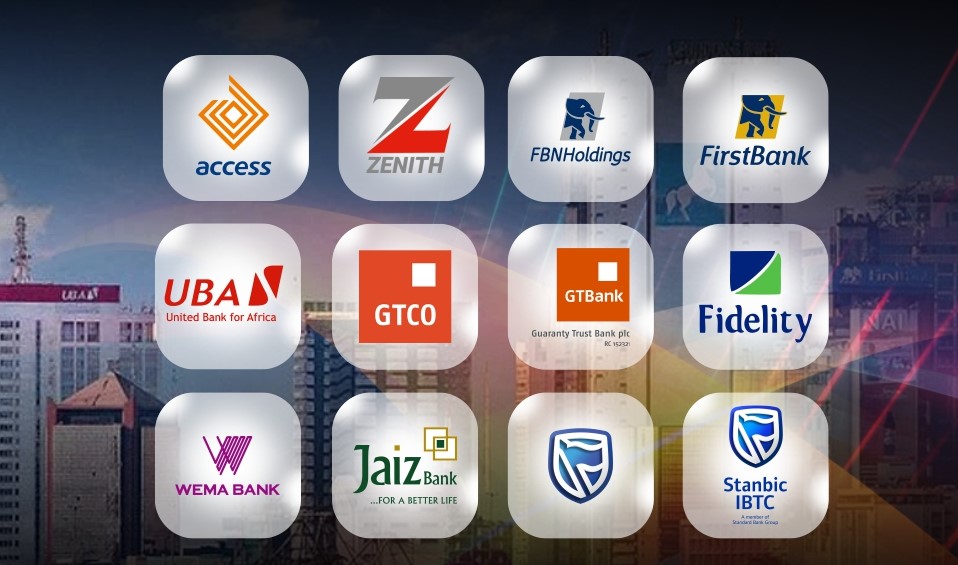Nigeria’s Debt Management Office issued a $500 million bond to boost dollar inflows and stabilize the Naira. Remittance inflows surged 130% YoY, while the government allocated NNPC dividends to cover fuel subsidies. Meanwhile, Ghana advanced its debt restructuring, and South Africa’s inflation dropped to a three-year low.
NIGERIA – The Debt Management Office (DMO), on behalf of the Federal Government of Nigeria, has officially launched a $500.00mn bond with a 9.75% annual yield and a five-year maturity. This initiative, coupled with ongoing government reforms and policies, is expected to boost dollar inflows, support the stability of the Naira, and enhance the country’s foreign reserves.
The Central Bank of Nigeria (CBN) announced a surge in remittance inflows, reaching $553.00 million in July 2024, a 130.00% YoY increase compared to July 2023. This growth is primarily driven by recent policy initiatives to boost liquidity in Nigeria’s foreign exchange market, including issuing licenses to new International Money Transfer Operators (IMTOs) and adopting a willing buyer-willing seller model.
The Federal Government has approved the Nigerian National Petroleum Company (NNPC) use of N2.10trn from its 2023 final dividends owed to the federation to cover petrol subsidies from August to December 2024. Additionally, the government has suspended the payment of 2024 interim dividends, royalties, and taxes to the Federal Government for the remainder of the year.
At the T-Bills primary market auction held during the week, N409.98 was offered, compared to N216.08 billion at the last auction. The total subscription increased significantly to N1.03 trillion, while the secondary fixed-income market traded on a bullish note this week. Both average T-bills and bond yield declined to 22.91% and 21.00%, respectively.
Sub-Sahara Africa
In the Sub-Saharan region, Ghana announced plans to initiate the final phase of its debt restructuring of its dollar-denominated bonds next week. Two restructuring options have been proposed: the DISCO option, which includes a 37% haircut and the issuance of two new bonds maturing in July 2029 and 2035, and the PAR option, which offers a 1.50% interest rate on new bonds maturing in January 2037, without any haircuts. This marks a significant milestone in Ghana’s debt restructuring process, one of the swiftest among African nations that have defaulted on debt repayments, showcasing Ghana’s commitment and efficiency in resolving its financial challenges and instilling confidence in its economic management.
South Africa
South Africa’s inflation rate fell to 4.60% in July 2024, marking its lowest point in three years and nearing the central bank’s mid-target of 4.50%. This decline, driven mainly by decreasing prices in key categories: food and non-alcoholic beverages, transport costs, and housing and utility prices, is a positive sign for the economy, reassuring investors and policymakers.
Eurozone
Eurostat reported that Eurozone inflation increased to 2.60% in July, up from 2.50% in June 2024. This increase is driven by higher energy, housing, utilities, and transportation rates. However, due to ongoing uncertainties, the European Central Bank (ECB) is expected to be cautious with potential interest rate cuts. This cautious approach may not lead to immediate relief but is a strategic move that could bring long-term stability and growth.
Comment, Like 👍, share this article, and Follow us on our social media handles.







